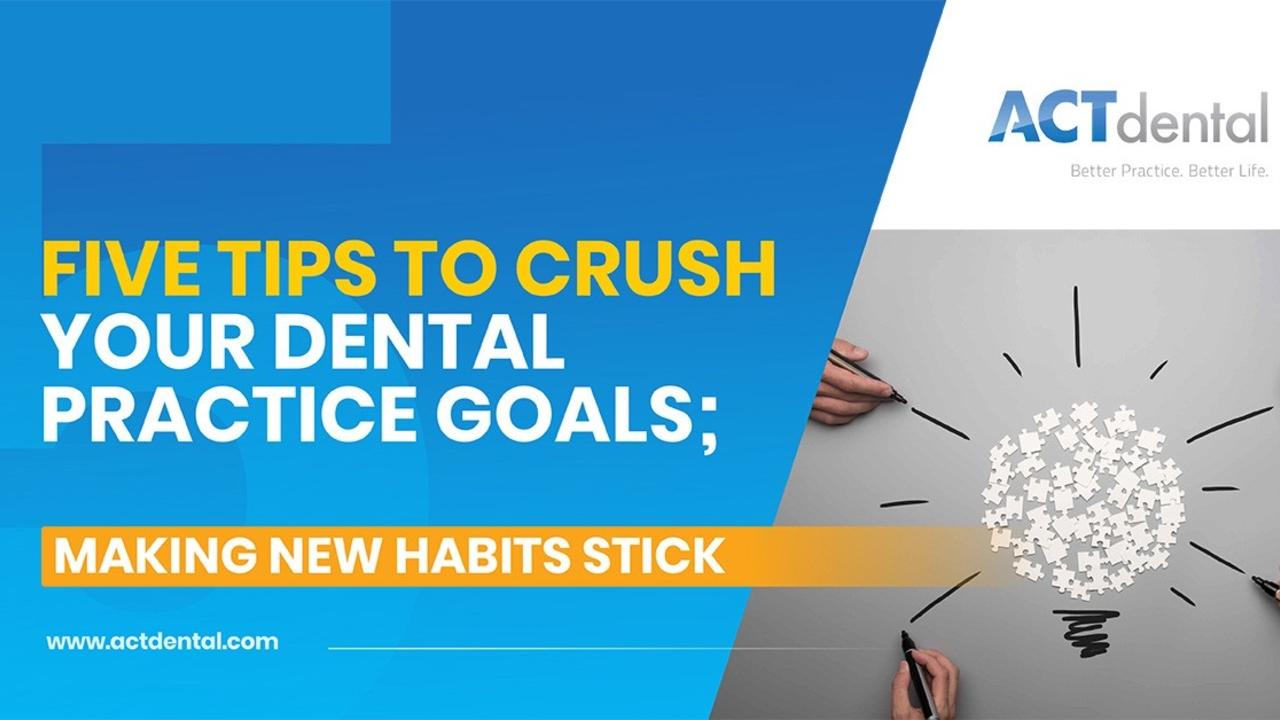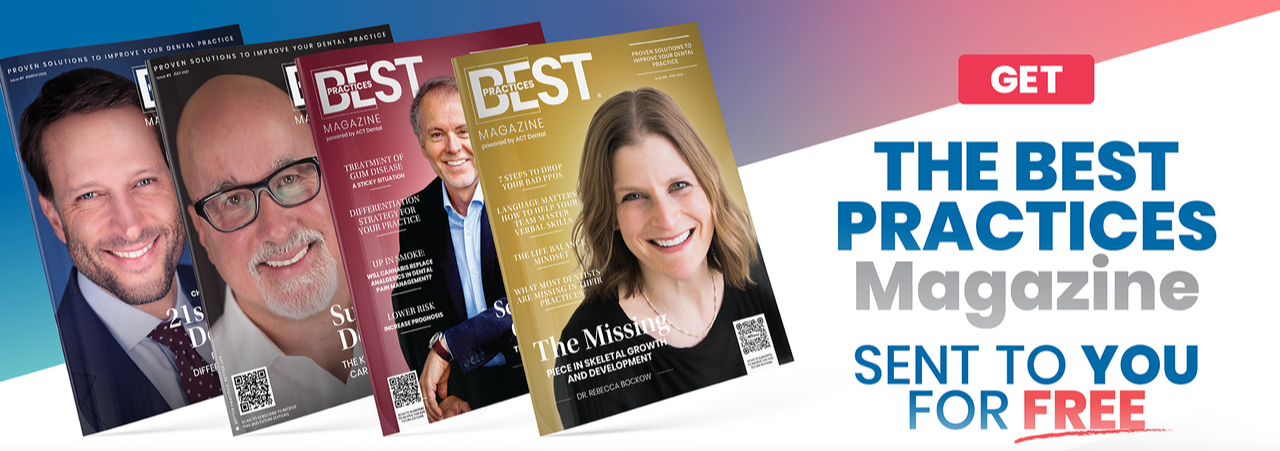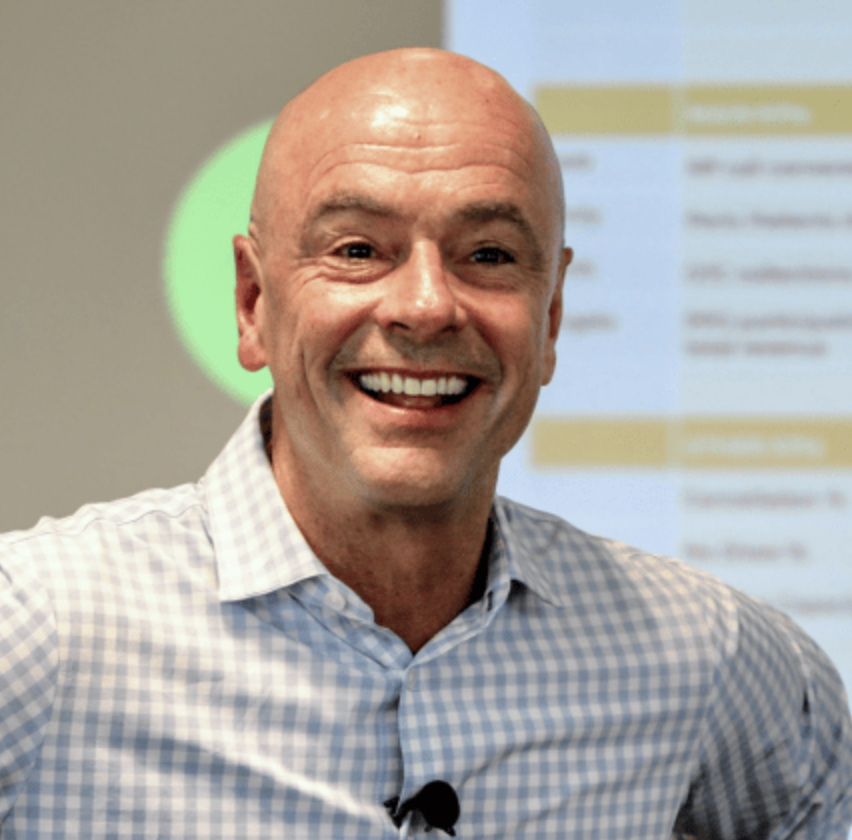Part of achieving goals and having continual growth is often establishing new, positive habits. How long does it take for new actions to become a habit? Well, the time frame can vary widely. A 2009 study published in the European Journal of Social Psychology said that it could take anywhere from 18 to 254 days to form a new habit.
If you’re anything like me, you want to do everything that you can to be closer to that 18 days! This week, I sat down with Kirk to ask some of his top tips for actions to take when you are establishing new habits.
Kirk: I’m so excited to share my thoughts today! In the past weeks, we’ve been talking about a brand new year with brand new goals. Today, we’re going to talk about how to help establish brand new habits, so we can crush those goals. Before we get started, I just want to say this; establishing new habits is tough.
Jenni: Why do you think it is so hard?
Kirk: Bottom line for me, I'm just stuck in the way I've always done it, and most people are the same. People say they like change. That's a lie. They don't. People like the idea of change, but don't often like change and the commitment it takes to change. Today, we're going to be talking about a few things you can do to make change easier and make new habits stick.
1: Have a Plan
Jenni: So, number one, you've got to have a plan. We've been talking so much about planning for goals. You also have a plan in place to establish new habits.
Kirk: I want to tell you a quick story. About two years ago, I got a delivery from a good friend of mine, Xaña Winans with Golden Proportions. I opened the package up, and inside I found a bunch of squirrel stuffed animals and a rubber mallet. The week before, we were on a call, and I was all over the place. We talked about one change that I needed to make, then I pivoted to another, and then another. This is not an uncommon habit for me; I see something, I think something, and then suddenly it’s "Wow, look at that squirrel." Then I chase that squirrel, and then another squirrel. I had a pretty good idea what the contents of this box meant, but Xaña confirmed when she said, "Take that mallet and just slam some of those squirrels. Stick to your plan."
So, Jenni, you work with me every day. You know how this works. I always get in trouble when I go off of the plan. So as you work to establish new habits, think them through. What do I need to stop, start, or continue? What will make this new habit stick? Set a plan, and then don’t chase squirrels.
2: Anchor New Habits to a WHY
Jenni: You’ve shared with me that part of this plan needs to be anchoring these new habits to something important. What does that mean to you?
Kirk: For new habits to stick, they have to be anchored to a why. Why am I doing this? Why does this matter? Why is now the time for this? This can be big picture why, or down to the little details. Right now, as I'm embracing new priorities with the ACT team, I'm doing things I've never done before. Here is a simple example, but it matters. I don't like e-mail. I don't even kind of like it. But I have to keep up with my email to keep up with what I have agreed to do. I know that if I’m not responding quickly to my team’s emails, I’m holding all of our progress back. Our priorities are important to our team and to me. If I can’t establish this new habit, we can’t hit our goals.
3: Commit
Jenni: So next up, you have to stay committed to the change. When something's hard, we jump ship quickly; but we know that it takes time to establish new habits. You told me giving things time is so important, why?
Kirk: You've got to be more committed to the outcome than the current behavior, and that's the challenge for most of us. One reason forming new habits is so hard is because it often means breaking old habits. Years ago, I did some Ironman races. I didn’t have good training habits. I didn't really enjoy swimming, biking, or running. But I didn’t give up, I gave it some time, and once I committed to what it would take to complete this race, I started to enjoy the training; I got into the disciplines, and the habits that made the outcome, finishing the race possible.
4: Be an Accountability Partner, and Have an Accountability Partner
Jenni: As a leader, you get to be an accountability partner for your team members, helping them embrace new habits. As a leader, you also need to have an accountability partner to help you establish your new habits.
Kirk: In general, human beings have a difficult time self-governing. I know I can’t consistently self-govern, and the reality is, that's a dangerous recipe for disaster. When I was younger, my ego used to tell me, oh, I can do all of this on my own. Now I know that I can't.
As a leader, one of my primary roles is to help my team members with their commitments. To check-in, to give them the help and support they need. As a leader, I also need that person to support and help me. Often, in life and business, I can't see my own blind spots. That's why having an accountability partner is critical. They help support you, keep you on track, and show you the things that you can’t see on your own.
5: Celebrate Along the Way
Jenni: Here at ACT, we know that we have to take time to celebrate our victories along the way. You told me that when you are in a change process and establishing new habits, this is especially true; why?
Kirk: I love your question. On our team, in life, on your team, don't seek perfection. Seek progress. Perfection is God's job. Your job is just progressing as a team, as a human being, as a leader. Along the way, don’t ever forget to pause and say, look what we’ve done; look at the progress we are making. We stuck to this new habit all week, and this is what happened. Celebrate the progress. It’s so important, and it gives us the motivation to stick to the work, the stick to the change, and make new habits, old habits.
Jenni: Thanks Kirk! Any parting words?
Kirk: If I had one piece of advice, whether it be in your business, your marriage, or any part of your life; make sure you surround yourself with great experts that have great insight. These people can help you develop a plan, work the plan, and enjoy the plan.
If you struggle with a plan, or you struggle with a new habit, don't struggle alone. Raise your hand, and ask for help. We're always here to help. Here to help create a better practice and better life. Have a great day.
Categories
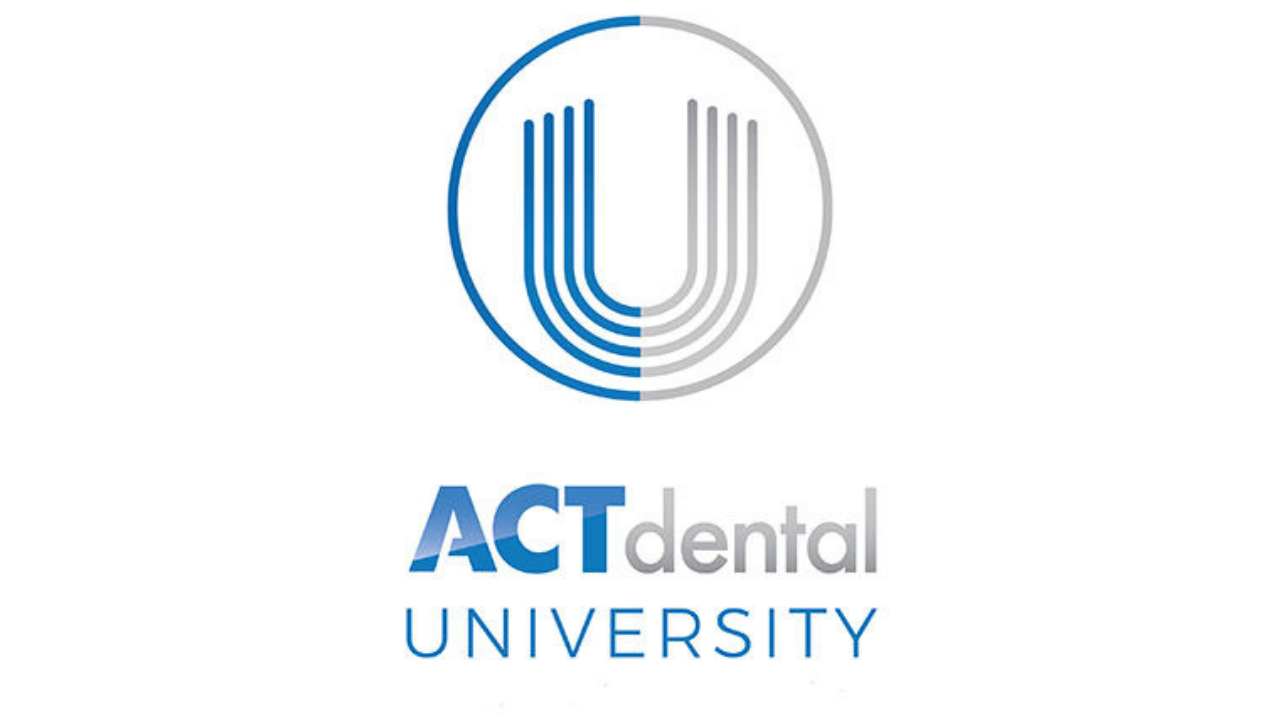
Get access to the best dental educators on the planet to bring you "best practices" and help you become the dentist you were called to be. Watch what you want, when you want it. It's 24/7 on-demand access. Friday's we host "Master Classes" with the very best dental speakers you will ever see.
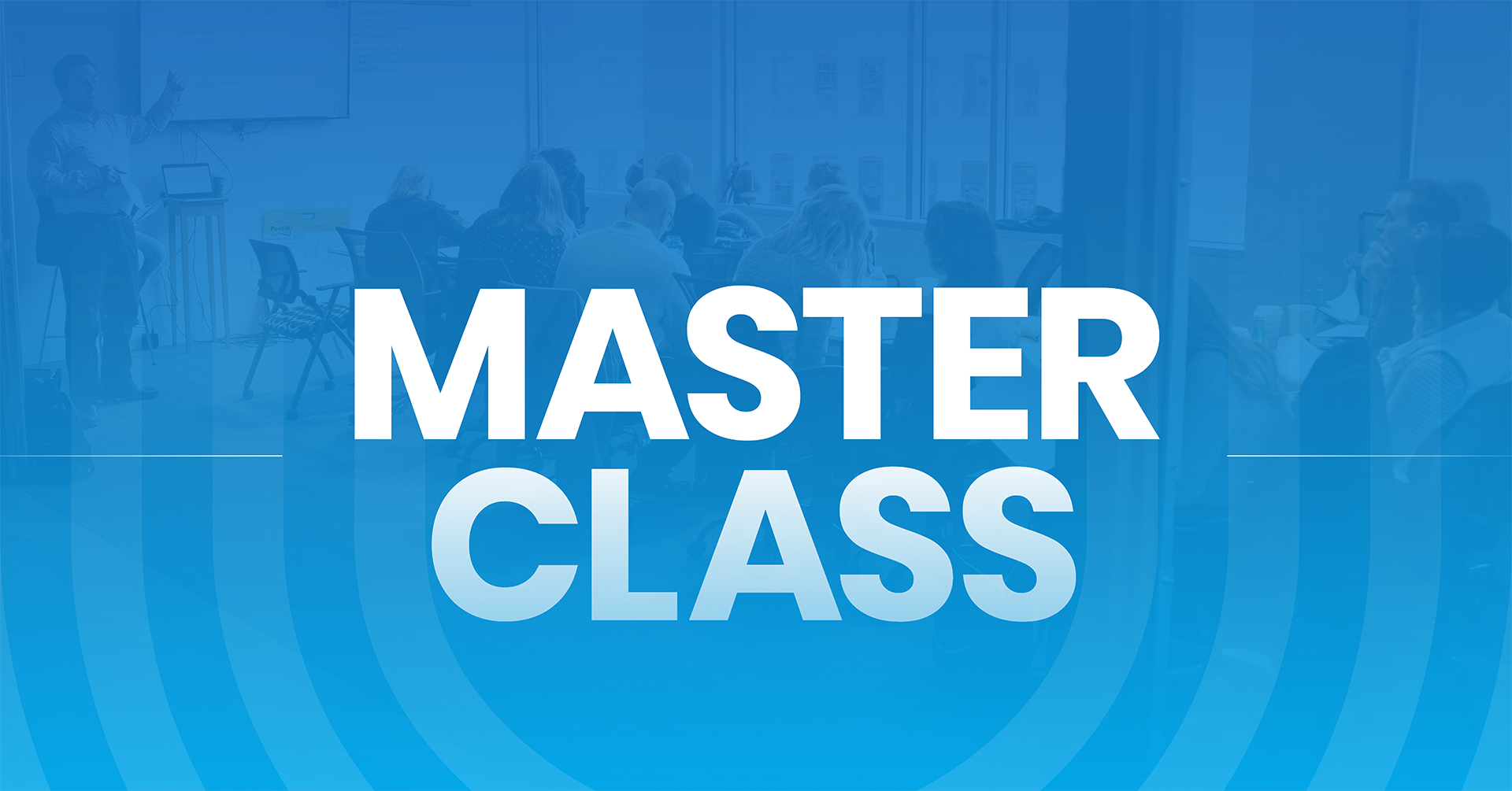
Reserve your spot at the next ACT Dental Master Class
Learn From One of the Best Educators During Our BEST PRACTICES MASTER CLASS Experience.
Kirk Behrendt
Kirk Behrendt is a renowned consultant and speaker in the dental industry, known for his expertise in helping dentists create better practices and better lives. With over 30 years of experience in the field, Kirk has dedicated his professional life to optimizing the best systems and practices in dentistry. Kirk has been a featured speaker at every major dental meeting in the United States. His company, ACT Dental, has consistently been ranked as one of the top dental consultants in Dentistry Today's annual rankings for the past 10 years. In addition, ACT Dental was named one of the fastest-growing companies in the United States by Inc Magazine, appearing on their Inc 5000 list. Kirk's motivational skills are widely recognized in the dental industry. Dr. Peter Dawson of The Dawson Academy has referred to Kirk as "THE best motivator I have ever heard." Kirk has also assembled a trusted team of advisor experts who work with dentists to customize individual solutions that meet their unique needs. When he's not motivating dentists and their teams, Kirk enjoys coaching his children's sports teams and spending time with his amazing wife, Sarah, and their four children, Kinzie, Lily, Zoe, and Bo.
RECENT POSTS
Evaluate Your Year with Intention
December 19, 2025
984: How to Address Chronic Attendance Issues – Alan Twigg
December 19, 2025
983: 2 Things You Must Do in 2026 to Improve Your Reimbursements – Shelley DeGroff
December 17, 2025
Real Practices. Real Progress. Real Proof. - A Year Worth Celebrating
December 15, 2025
Solve the 5 Problems that Overwhelm Your Team
December 12, 2025
981: Leadership Lessons for Thriving Practices – Michelle Wakeman
December 11, 2025
980: This Year, Take Back Control: Protect Your Practice. Reclaim Your Life – Miranda Beeson
December 10, 2025
Is Your Practice Stuck On The Wrong Side Of The Bridge?
December 08, 2025
